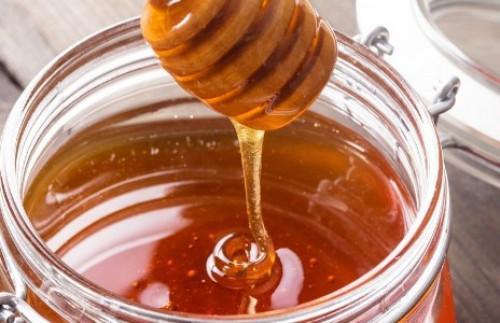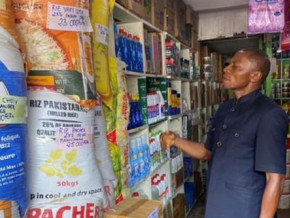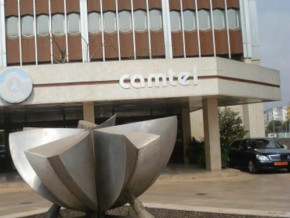
Yaoundé - 24 April 2024 -
Agriculture
Honey production reached nearly 600,000L in Adamaoua, in 2017

(Business in Cameroon) - The 1,212 beekeepers in Adamaoua, north region of Cameroon, produced nearly 600,000 liters of honey in 2017, according to figures provided by L’œil du Sahel.
This volume which mainly supplied the Cameroonian and Nigerian markets is, pending 2018 statistics, forecasted to decline in 2018. Same downward trend is seen for 2019, due to hostage takings targeting farmers in the region.
“Herdsmen are major honey producers in the region of Adamaoua. Wherever they go, they search for hives and collect honey. But with the hostage takings, production has drastically dropped,” said an official of the regional delegation of the livestock department.
BRM
Mags frontpage
- Most read 7 days
- shared 1 month
- read 1 month
next
prev






























